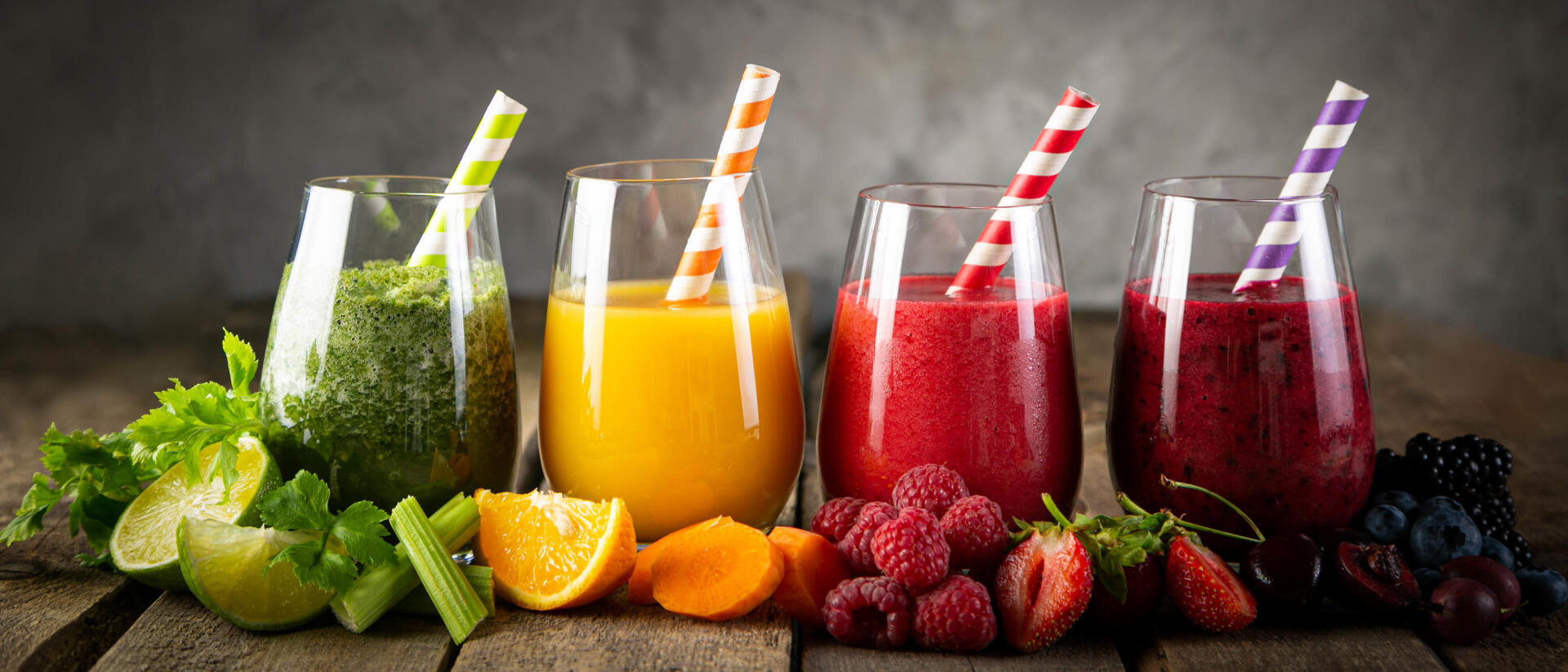Should I eat breakfast if I want to lose weight?
To breakfast or not to breakfast? That is the question, because there are in fact several schools of thought. From our side, we would recommend it for one simple reason: it helps to prevent snacking or even compulsive eating between meals. That’s because by not eating breakfast you run the risk of eating anything and everything during your morning coffee break. Which is not the best strategy if you want to lose weight.
On the other hand, you shouldn’t force yourself if you’re not hungry first thing. Whether you’re on a diet or not, eating should always be a pleasure. Food is your body’s fuel and it’s important to listen to yourself and enjoy what you eat.
However, you should be aware that if you eat a lot in the evening, this could be why you’re not hungry in the morning, even if it is not systematic. It could be worth trying to eat a lighter dinner and observing any changes, especially if your stomach feels heavy when you go to bed and you find yourself waking up at night. These inconveniences can sometimes be linked to larger-than-necessary dinners and are easily resolved.




